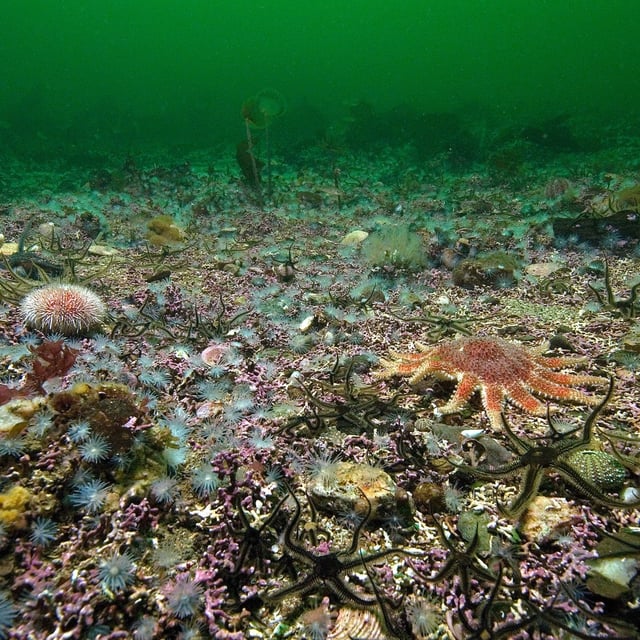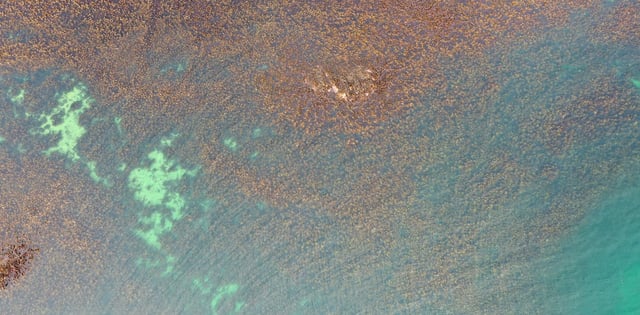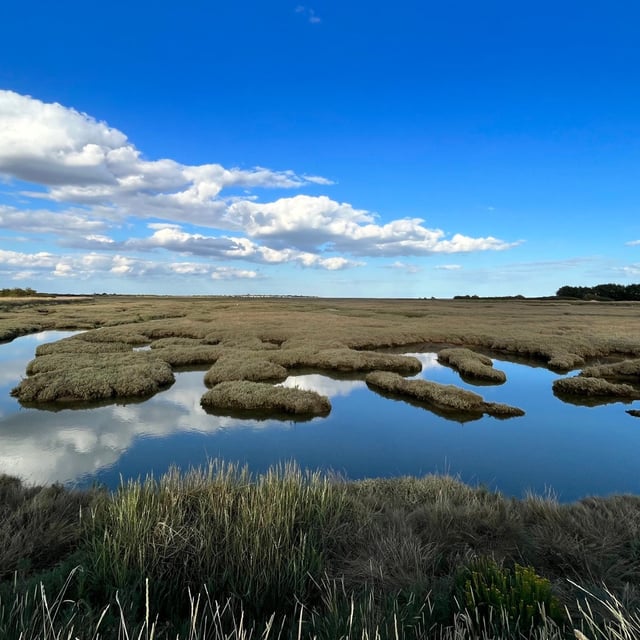Overview
- Researchers found that UK seabed sediments store 244 million tonnes of organic carbon, far surpassing the carbon capture of the country's forests.
- The study, conducted by the Scottish Association for Marine Science, is the first to quantify carbon storage across all UK seabed habitats.
- Human activities such as bottom trawling and coastal development threaten these carbon stores, potentially releasing stored carbon back into the atmosphere.
- Conservationists are calling for stricter protections for marine habitats, including better management of Marine Protected Areas (MPAs) to prevent harmful activities.
- The report suggests that improved mapping and monitoring of blue carbon habitats like seagrass meadows and salt marshes could enhance their conservation and carbon sequestration potential.



